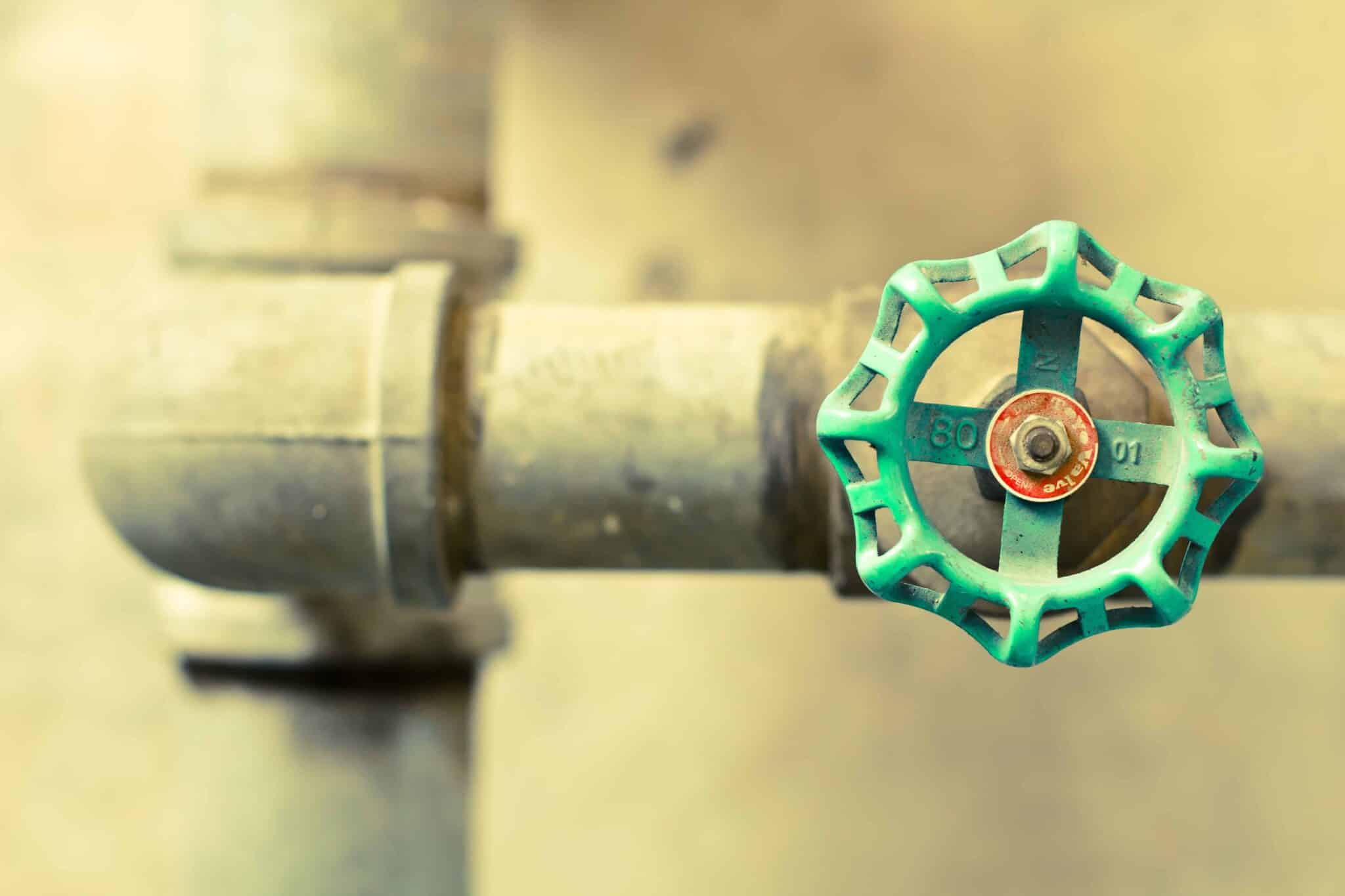
Understanding the different types of water valves in your home can save you time, money, and stress when plumbing issues arise. From quick-shutoff ball valves to backflow-preventing check valves, this guide explains how each works. We also discuss the problems you might encounter and the appropriate situations to call for expert help.
Understanding Water Valves
When you think about your home’s plumbing, water valves probably aren’t the first thing that comes to mind. But these small devices play a huge role in controlling water flow, preventing damage, and keeping your system running smoothly. At 4 Star Plumbing, we see firsthand how the right valve — and proper maintenance — makes all the difference. Let’s look at common types of water valves, what makes them useful, and how to handle problems when they arise.
Ball Valves
Ball valves boast a reputation for reliability. A simple quarter turn of the handle can stop water instantly, which makes them especially useful in emergencies. They offer durability and ease of operation, even if you don’t consider yourself particularly handy. That said, ball valves can stiffen up after long periods without use. If you experience difficulty turning one, try working it back and forth gently. If it refuses to budge, give us a call before forcing it. You don’t want to snap the handle and make matters worse.
Quick takeaway: Ball valves are fast and reliable but may seize if not used regularly.
Gate Valves
Gate valves show up most often in older plumbing systems. Unlike ball valves, they don’t offer a quick shutoff but instead allow you to gradually control water flow. However, the inner components can corrode over time, and sometimes the handle just spins without actually doing anything. In those cases, we usually recommend replacement. Our team can install an easier, dependable modern shutoff valve.
Quick takeaway: Gate valves work for gradual flow control but wear down with age and often need replacement.
Check Valves
Check valves work behind the scenes, keeping water moving in the right direction. They prevent backflow that could contaminate your clean water, making them a crucial safeguard for pumps, sprinklers, and other systems. Problems usually come from debris or mineral buildup that prevents the valve from sealing properly. If you suspect backflow issues, don’t ignore it — a plumber should inspect and either clean or replace the valve.
Quick takeaway: Check valves stop backflow but can clog with debris over time.
Faucet and Globe Valves
The valves inside your faucets — whether cartridge, ceramic disc, or the older compression style — control the water you use daily. Modern cartridges and ceramic discs offer durability and resist leaks. Compression valves, on the other hand, rely on washers that wear down and cause drips. When dealing with leaks, swapping out the washer or upgrading to a newer valve design can save water and frustration. Globe valves, often found in outdoor spigots or boiler systems, also allow precise flow control. Like gate valves, they can accumulate sediment, making them tough to operate. Cleaning sometimes helps, but older globe valves may be due for replacement.
Quick takeaway: Modern faucet valves last longer, while older globe and compression valves may leak or clog.
Pressure Valves and Supply Stops
Pressure-reducing valves protect your plumbing by keeping incoming water pressure at safe levels. If one fails, you could face pipe damage or appliance breakdowns. Likewise, supply stop valves under sinks and behind toilets make it easy to isolate small leaks without shutting off water to the entire house. Both of these valves provide peace of mind — until they wear out. If you notice leaks, rust, or difficulty turning them, replacement represents a smart move.
Quick takeaway: Pressure and supply stop valves protect your home, but leaks or rust serve as signs to replace them.
When to Call 4 Star Plumbing
You don’t need to become a valve expert to keep your plumbing safe — that’s what we’re here for. At 4 Star Plumbing, we recommend replacing shutoff valves every 10–15 years. We even recommend replacing them sooner if you spot leaks, rust, or sticking handles. Our plumbers come prepared with the right tools and replacement parts to handle problems on the spot.
Don’t wait for a small drip to turn into a flood. Call 4 Star Plumbing today, and let our experts keep your water flowing safely and reliably.


